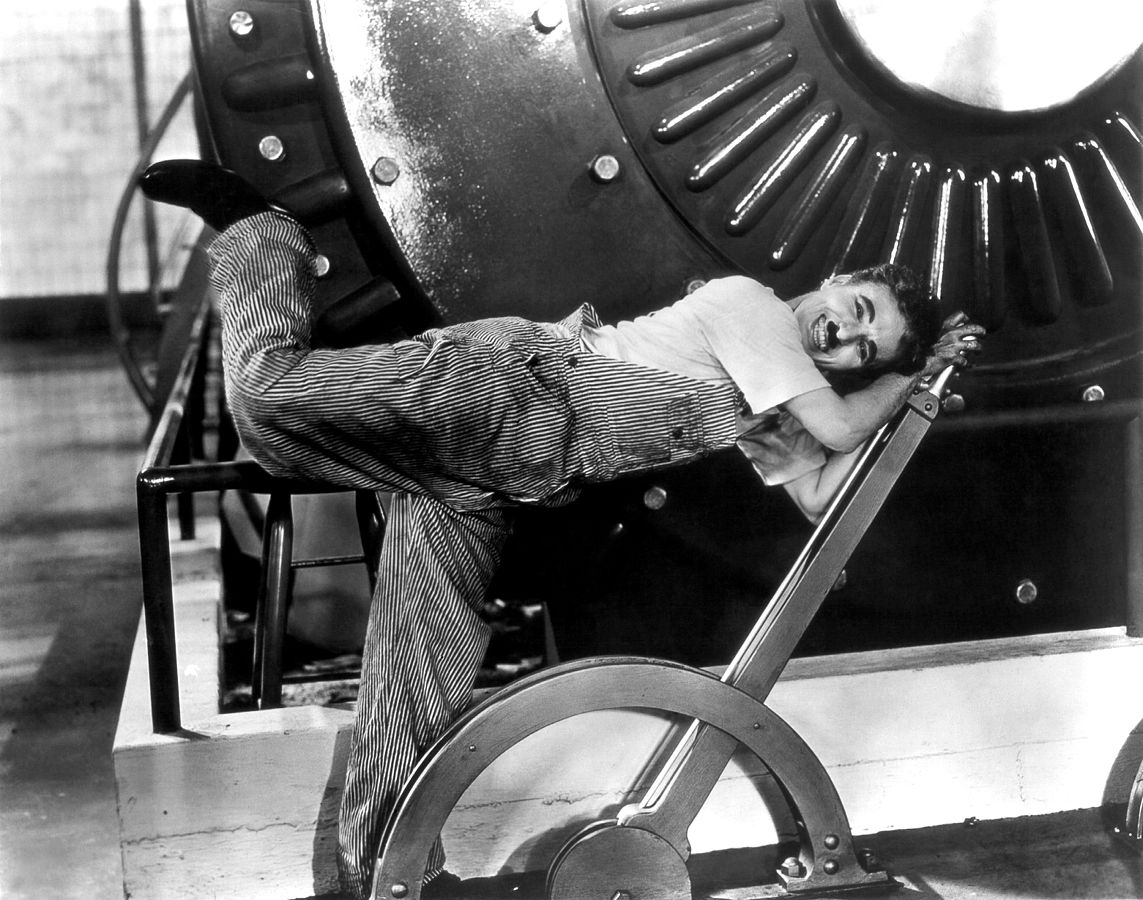Sitio web en mantenimiento
Visitar la sección web en español del
Berliner Institut für kritische Theorie
(Instituto de teoría crítica de Berlín)
https://neu.inkrit.de/index.php/es/
Nuevo sitio web:
ciencia del sujeto … contribuciones de la psicología crítica berlinesa
https://cienciadelsujeto.org/
